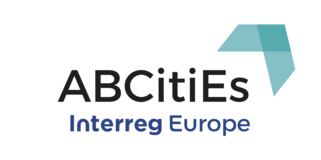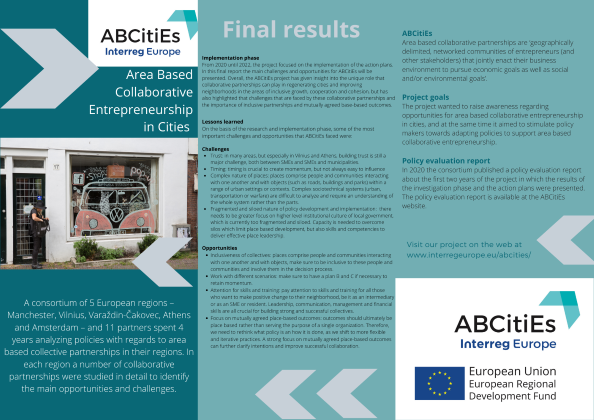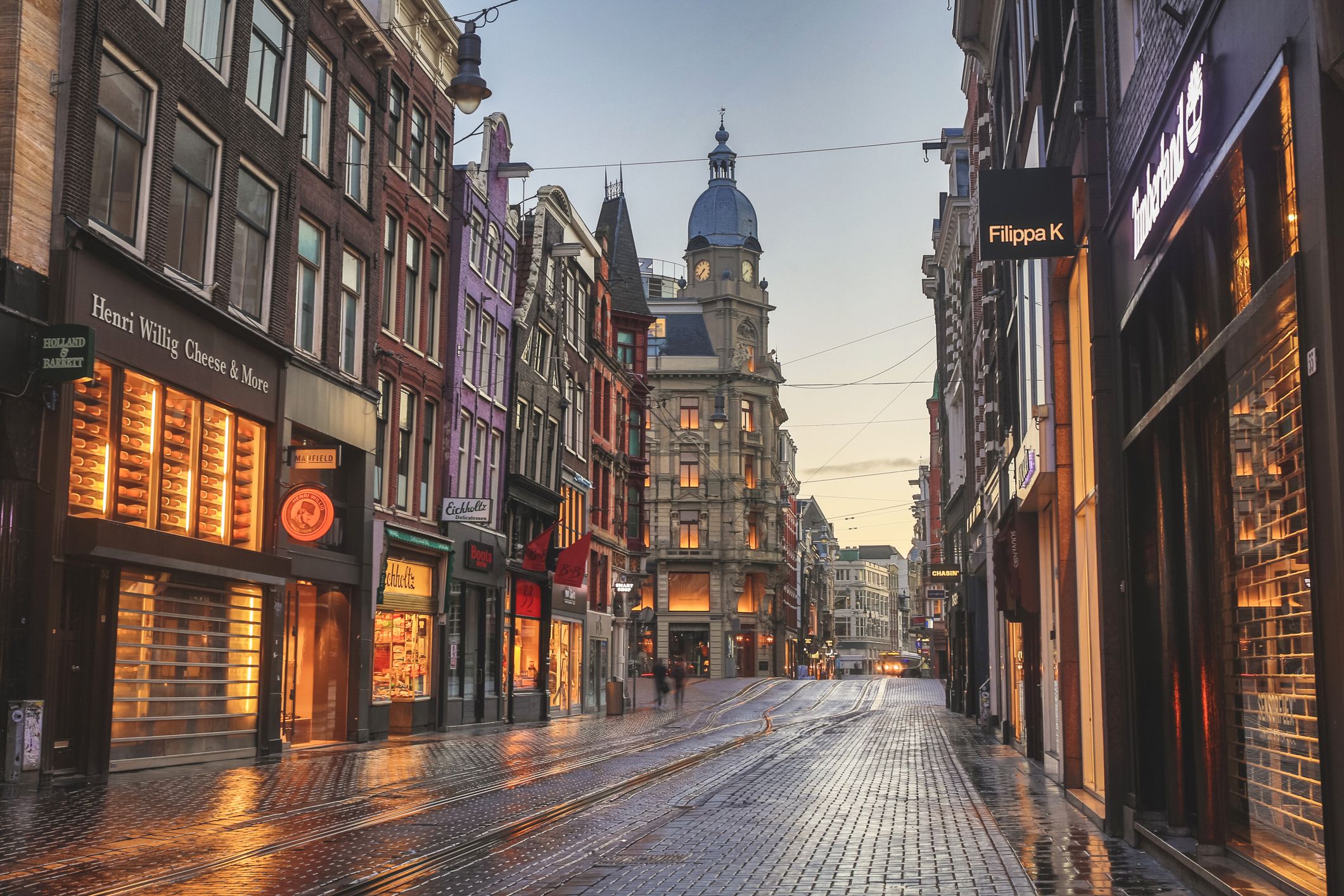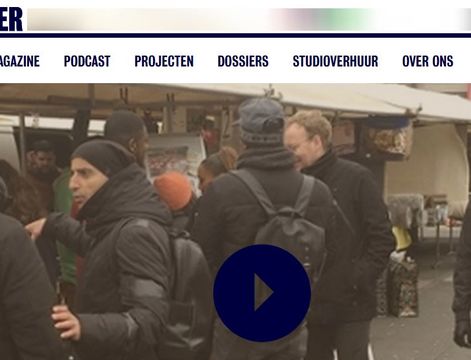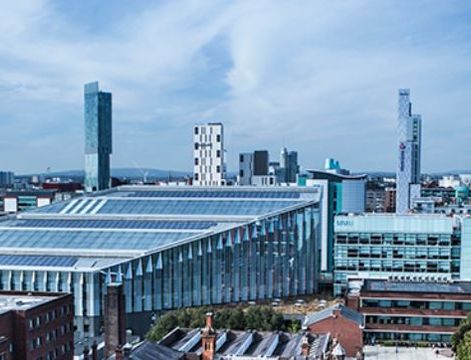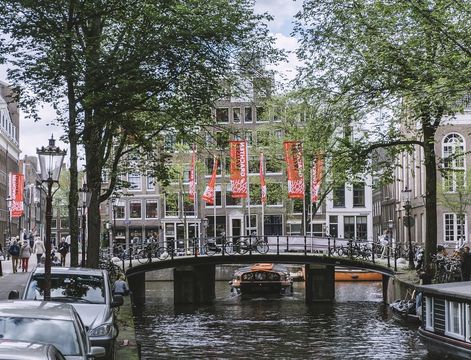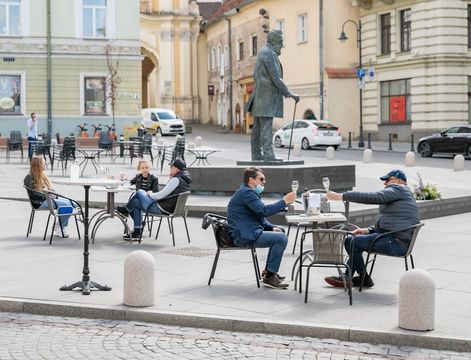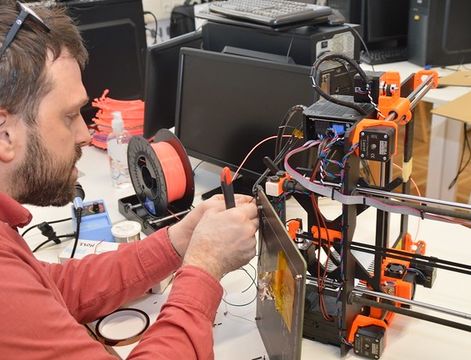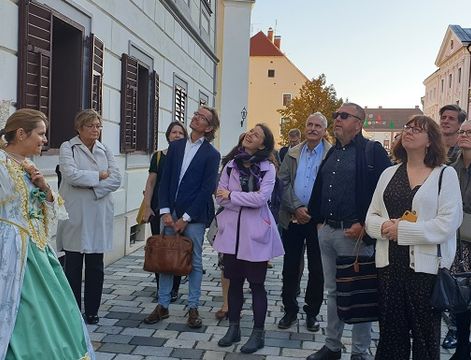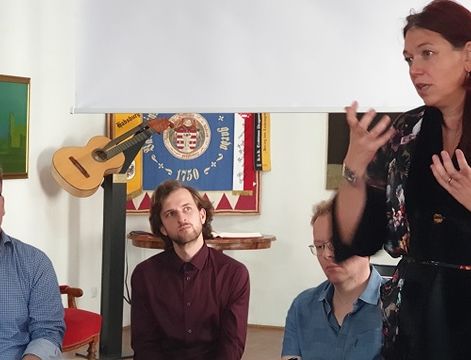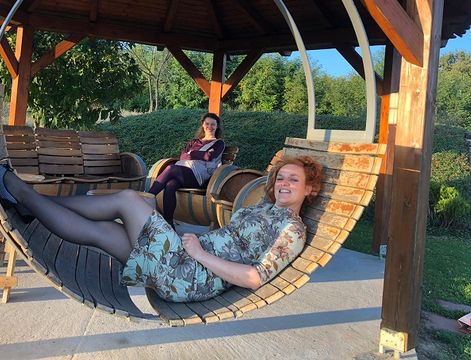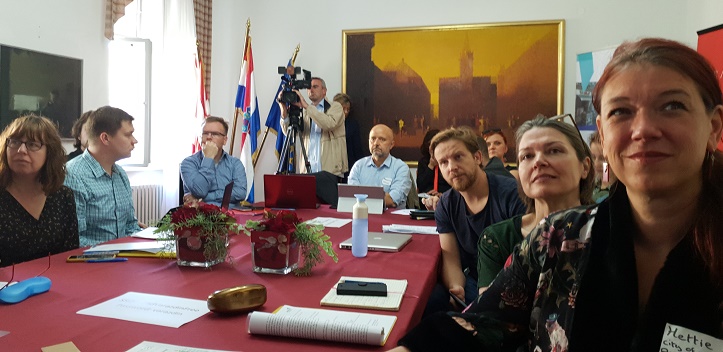During the ABCitiEs interregional workshop in October 2019 two panel discussions were organized with relevant stakeholders. Each partner city had invited local stakeholders, either entrepreneurs, or founders of a collective and a policymaker or representative of the city council. One panel consisted mostly of entrepreneurs or entrepreneurial experts. Here, advantages and obstacles regarding participation in a collective were discussed. The other panel consisted of policy and city makers, and focused on rules and regulations with regards to collectives.

The entrepreneurship panel consisted of five active stakeholders, i.e. Dave Payne (Withington Baths and Leisure Centre), Dimitris Gaikoulas (Hellenic Confederation of Professionals, Craftsmen, and Merchants (GSEVEE) Eward Koning (Who Cares and BID Reguliersdwarsstraat) Simon van Dommelen (LOLA and Noorderpark Trust); and Andrija Petrović (OPG Bio Manufaktura).
During the discussion, the most important obstacles for collaboration were regarded lack of resources, skilled experts and personnel, and time to spend on the collective. In some regions, the funding landscape is very fragmented, which makes it difficult to apply. In other regions, funding mechanisms are almost entirely lacking. A similar pattern is visible for skilled experts and personnel, some regions have expertise both inside and outside public institutions for stimulating urban collectives, while others have little to no experienced personnel available.
According to different stakeholders a motivated and skilled entrepreneur with time dedicated to work on bringing people, ideas and funding together is crucial in setting up a collective. In order to make the collective sustainable, however, the workload should not be on one or a few skilled people, but needs to be the product of a larger team of local community members. Active involvement of the local community should thus be high on the agenda.

The governance panel consisted of policy makers from the municipalities of the regions involved in the project, i.e. Mark van Marken (EFRO advisor from the municipality of Amsterdam), Hettie Politiek, (program manager Democratization of the municipality of Amsterdam), Jeroen Jonkers (project manager renewal Plein 40-45) municipality of Amsterdam), Vytautas Lelys ( architect Vilnius city municipality) and Valentina Hažić (manager Impuls consulting).

During the second panel, discussions made clear that support from public institutions is not the same in the regions involved. In Amsterdam, for example, support for collectives is relatively well organized, and the municipality is actively involved in collectives through intermediaries, like street managers. Also, they are actively involved in the development of more innovative approaches like the right to bid, the right to challenge, and community budgets, inspired by for example England's Community Right to Challenge that offers citizens the opportunity to perform government tasks when they think this can be done better or cheaper.
In other regions, community programs are often less developed, but SME programs and European funding are available and the latter is often more easily accessible, although they generally do not fund small-scale projects and experimentation. Overall, the use intermediaries (self-employed or dedicated project managers) from municipalities for building collectives is regarded by the stakeholders as an interesting approach to provide support and improve collaboration between municipalities and collectives. Support, however, also exists outside the governments. Large companies can also donate. And real estate agencies or public housing agencies often have an important advantage in the success of a collective.

Finally, the question was raised which indicators are necessary for measuring the success of local collectives? In particular, for investors and funding agencies it is important that collectives have some form of measurement system, in order to see if their investments have been successful. Sometimes, indicators are set by funding agencies, like EFRO in the Netherlands, with indicators like number of square meters renovated, and number of jobs generated. But, there are also more general indicators, also largely related to the goals of the collective, like state of the neighborhood (hot or not), footfall, diversity of shops, vacancy rates, amount of complaints, effects on environment, healthiness of residents, and amount of people supporting the collective.
MMU already has good experiences working with some of these measures in Manchester neighborhoods, that are interesting to test on a larger European scale. But stakeholders also agree that focus should not be on measurement of success only. Also, storytelling is considered an important tool for marketing and sharing successes, particularly for sharing the individual success stories of the local community.
